Introduction
Seaweed has been used in Oriental cuisine for hundreds, if not thousands of years. It is a food rich in many nutrients, from vitamins A, B1, B2, and C, to calcium and folate. But can dogs eat seaweed? We’re giving you the answer and more in today’s post so read on!
Benefits of Seaweed for Dogs
Can dogs have seaweed? Does it supply them with a number of nutrients that they might not even get from kibble? Yes, but there are also risks that we are going to address in another section below.
Vitamins
The first aspect that should give you a clue as to whether seaweed’s good for dogs is that nori is actually packed in vitamins. To name a few, this food is rich in vitamins A, C, the B complex, but also K (which aids in blood clotting) and E too.
We all know that vitamins are important for dog health, and most of these are involved in processes such as making sure that your pet’s immune system functions properly.
With the right amount of vitamins from food and supplements, a dog’s body can naturally battle minor infections, thereby not requiring medical assistance.

Minerals
The amount of seaweed calcium for dogs that this food contains can make a difference in terms of keeping an animal’s musculoskeletal system in top shape.
Seaweed also contains other minerals, such as iron, copper, and manganese, and magnesium. This means that adding kelp to your dog’s diet as a snack can prevent rickets or minimize the risk of your pet developing osteoporosis in their senior years.
Omega-3 Fatty Acids
The amount of omega-3 fats in seaweed for dogs can provide your pet with a lot of benefits — from maintaining their cardiac and brain health to helping them lose a bit of weight or just preventing depression or other nervous system conditions such as dementia.
Iodine and Tyrosine
Although not enough studies have been yet performed as to whether or not seaweed can prevent thyroid dysfunctions in dogs, the truth is that iodine can keep your dog’s thyroid gland in good health.
Antioxidants
Vitamins A, C, and E are antioxidants in themselves, but seaweed contains others, such as flavonoids and carotenoids.
This means that giving seaweed to your dog as a treat might prevent cancer, aging, and other degenerative diseases.
Amino Acids
Algae tend to be rich in a variety of amino acids, especially taurine. The latter can aid with your dog’s cardiac function, immune system on the whole, and also their eye health.
Seaweed Risks for Dogs
When it comes to seaweed toxicity dog foods and treats containing this ingredient are usually made in a safe manner. The seaweed is usually thermally processed so as to present no health risk to animals. However, some risks might be associated with sea kelp for dogs, and here they are below.
Condiments
Depending on how you cook your own food, you might prepare your dishes with seaweed and garlic or onion. These two are considered toxic to this species and they can produce a lot of digestive distress.
So while this risk doesn’t necessarily relate to nori itself, it should still be considered.
Unprocessed Seaweed
Can my dog eat seaweed on the beach? The answer to this inquiry is a clear no. Wild seaweed, especially the one that can be found on beaches during the hot season, can be a hazard as it might be contaminated with a range of germs that could lead to an infection.
Moreover, beach kelp can also contain heavy metals or other pollutants, which definitely do not make this kind of seaweed safe for dogs.
Intestinal Blockages
The seaweed that you see on the beach doesn’t go through the same controlled cooking process as the one you’d find in the Asian store.
It tends to dry out and shrink, and once it’s inside your dog’s digestive system, it will effectively absorb as much of the liquid in the gastrointestinal tract as possible.
If the formed seaweed ball expands inside your dog’s gut, you will both end up at the veterinary emergency hospital as a result of an intestinal blockage. So those are several potentially harmful effects of seaweed, to name a few.
How to Prepare and Serve Seaweed to your Dog
If you didn’t know by now, seaweed dog treats and even seaweed supplements for dogs already exist, so that is clearly one less thing to worry about. But before deciding to supplement your dog’s diet with kelp, you should have a talk with your veterinarian — just to make sure that it’s safe.
There’s even commercially available seaweed powder for dogs, which means that you do not have to get dog food with seaweed or add it to your pet’s food.
The safest type is the one you can buy at the store for the simple reason that it has been cooked and dried in such a way so as not to be contaminated with any microorganisms such as bacteria, parasites, fungi, or viruses.
If you make yourself a dish with seaweed, do not add any seasonings, condiments, or spices to it and avoid salt, too, as it can cause fluctuating blood pressure or lead to more serious cardiac health issues in dogs.

Best Practices and Restrictions
Do consider that dogs aren’t supposed to be eating too much seaweed — it is not the main food group in their diet. If your dog is a really keen nori aficionado, make sure you do not give them more than to make up 5-10% of their weekly diet.
Just to be on the safe side of things, you should never give seaweed to puppies, pregnant dogs, or those that have a history of chronic health complications, especially those that might have an autoimmune disease or geriatric dogs who need a lot more care compared to their healthy adult counterparts.
Even the best kelp supplements can contain traces of mercury or arsenic, so giving them to pregnant dogs will affect not only their health and condition but also that of the unborn puppies.
Frequently Asked Questions
If you are referring to the canine-specific type of snacks, they sure can! On the other hand, if what you have in mind is giving roasted seaweed snacks that were initially made for humans to your dog, think again.
If your dog ate just a bit of seaweed paper, it’s probably nothing to worry about. However, if your pet ate the whole bag of nori for dogs, you should get to the vet hospital as soon as possible. Even the store-bought varieties are dried up, so they have the tendency to absorb all the liquids inside your dog’s digestive tract, potentially causing an intestinal blockage.
No. They can be fried, so unsafe in this sense, and they can also contain a lot of salt and other spices, which also makes them a no-go.
Sushi seaweed might have come in contact with raw fish or shrimp, so it is not a good food to give to dogs. Fish from sushi can carry bacteria and parasites.
Summary
Since it contains plenty of vitamins, minerals, antioxidants, and amino acids, seaweed can make a great occasional snack for dogs every now and then. However, kelp should never make up more than 5-10% of a dog’s diet.
Natural seaweed that your dog might eat on the beach can be dangerous as it can be tainted with pollutants such as heavy metals, not to mention that it can also carry bacteria and other germs.
Ask your vet before adding seaweed to your dog’s diet.
Sources
- Seaweeds and Cancer Prevention, 2018, Jinju Jiang & Shaojuan Shi
- Amino acid content of selected plant, algae and insect species: a search for alternative protein sources for use in pet foods, 2014, Sarah McCusker, Preston R. Buff
- Heavy metal pollution in the environment and their toxicological effects on humans, 2020, Jessica Briffa, Emmanuel Sinagra
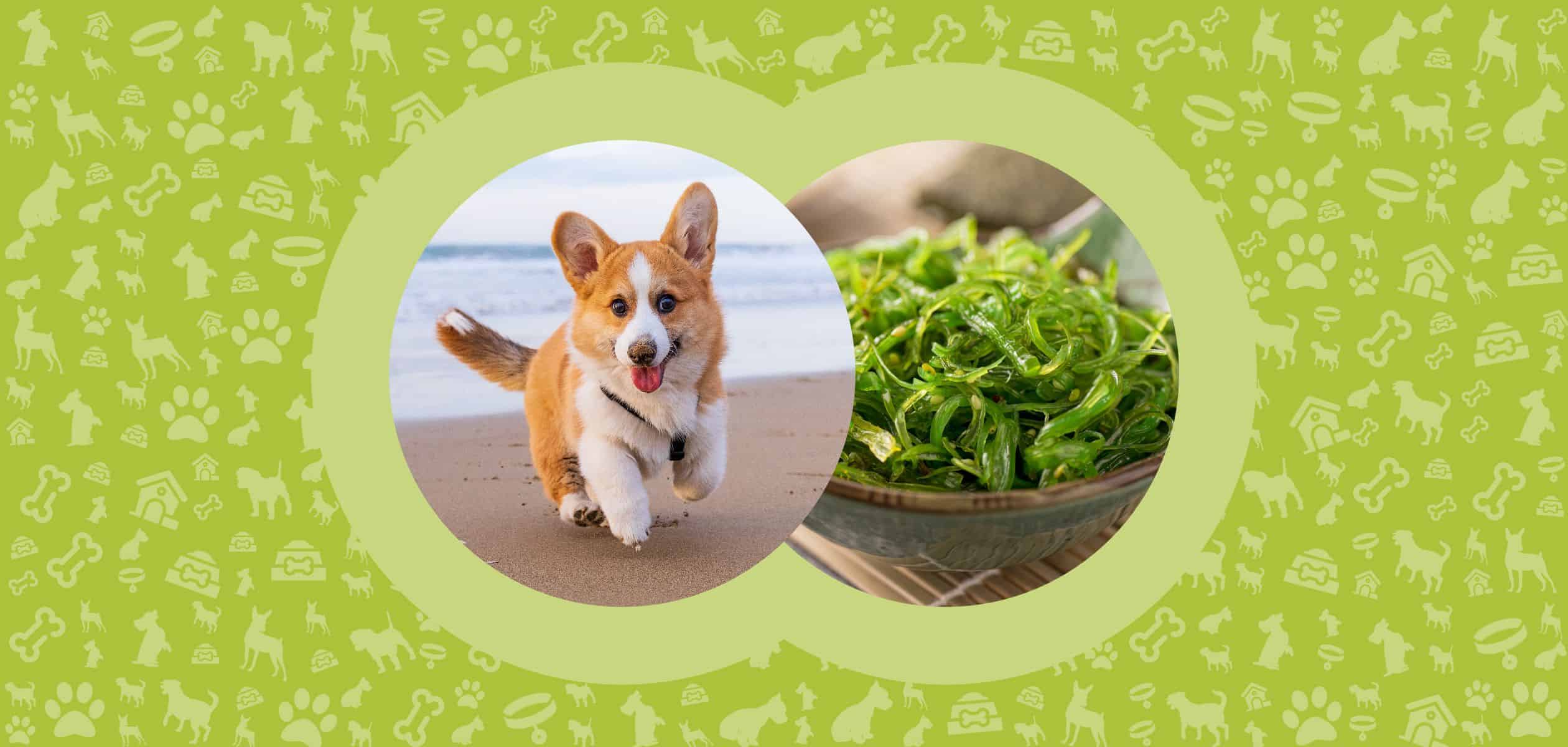
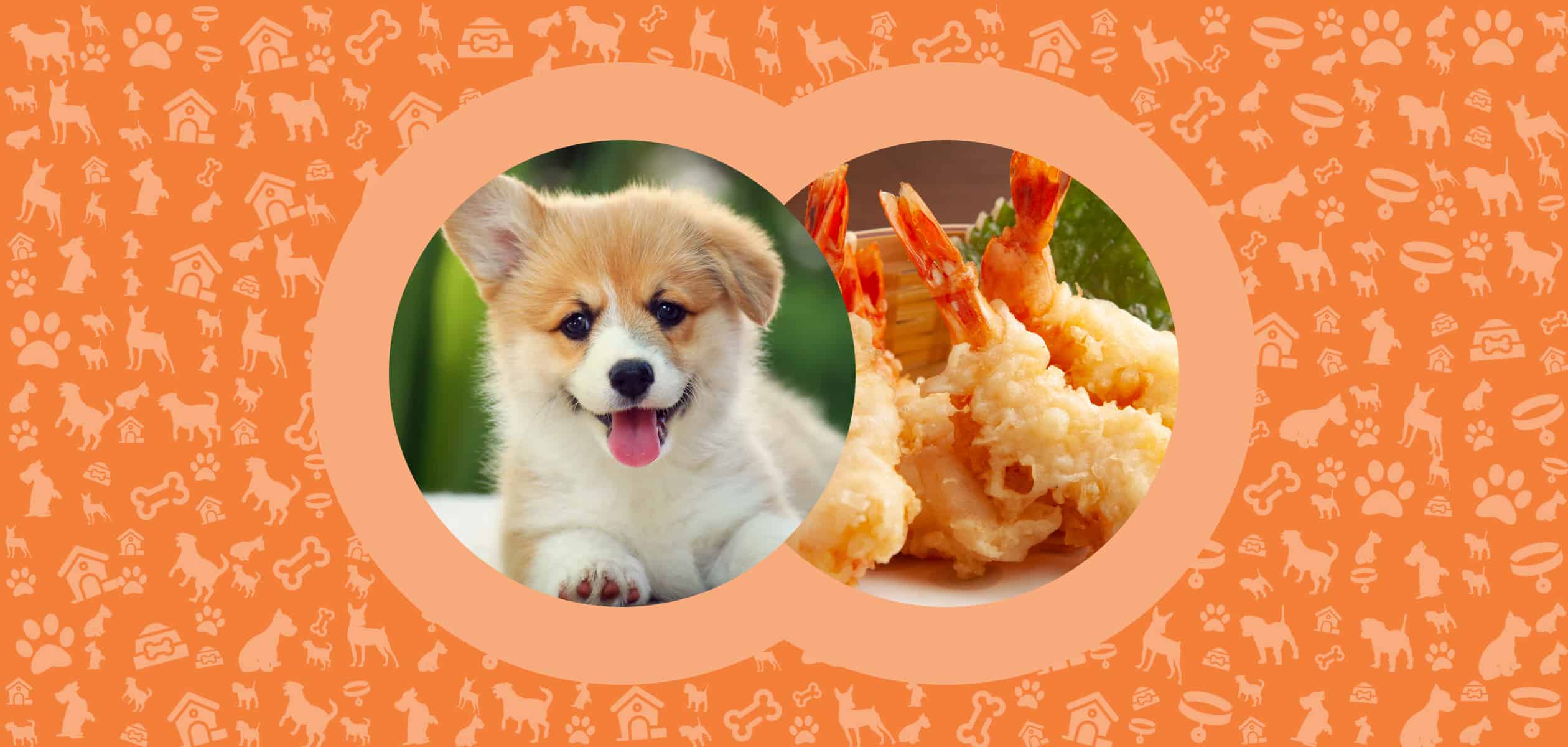
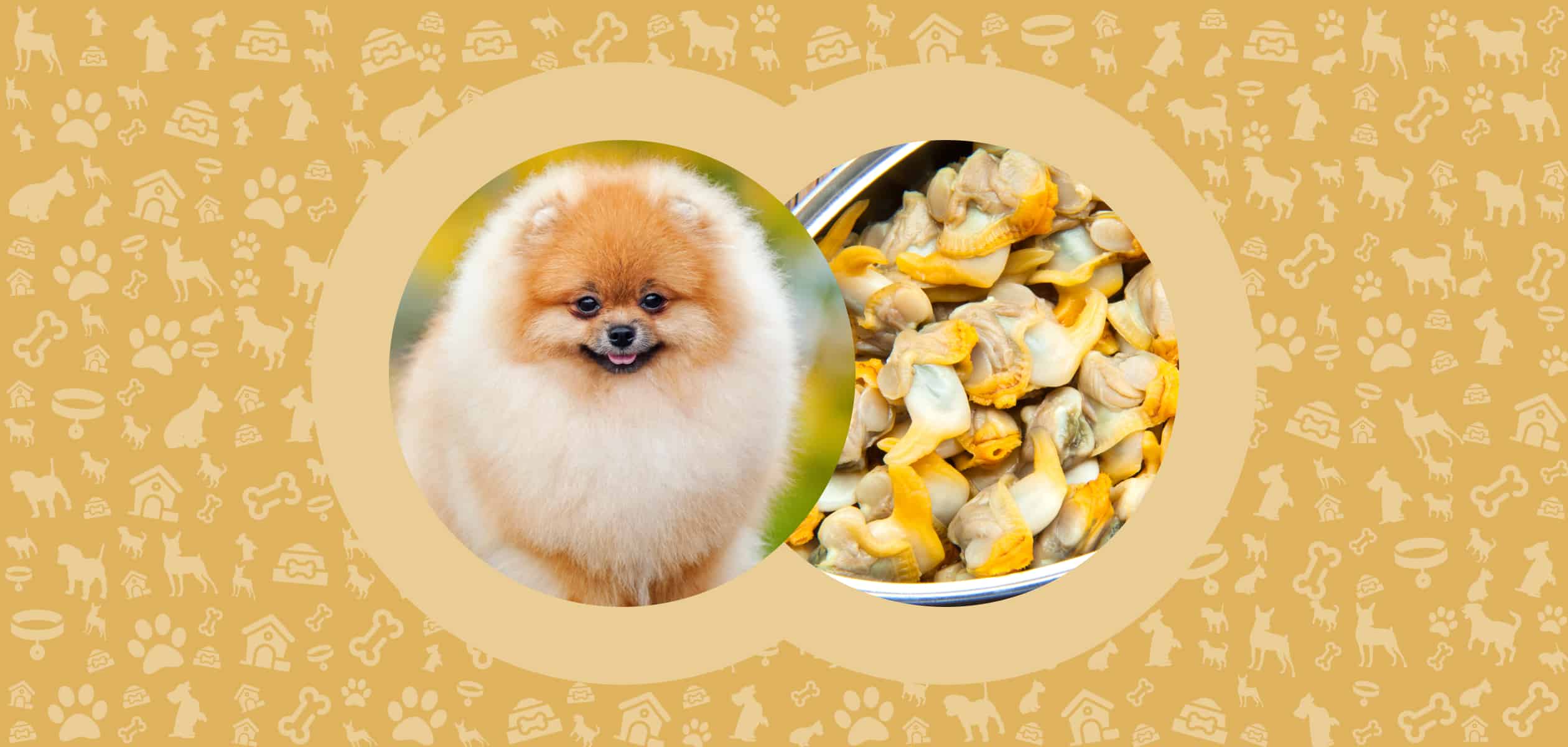
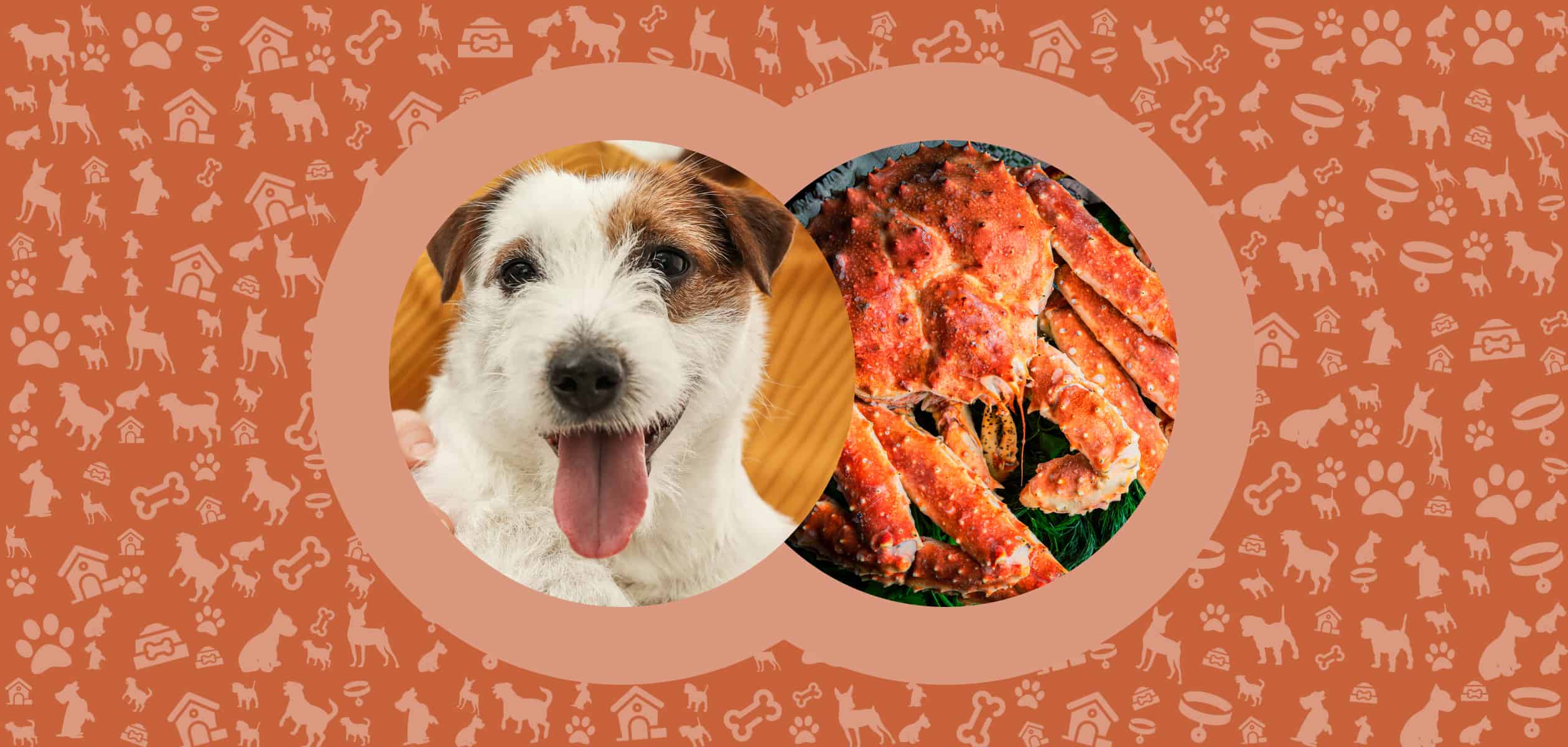
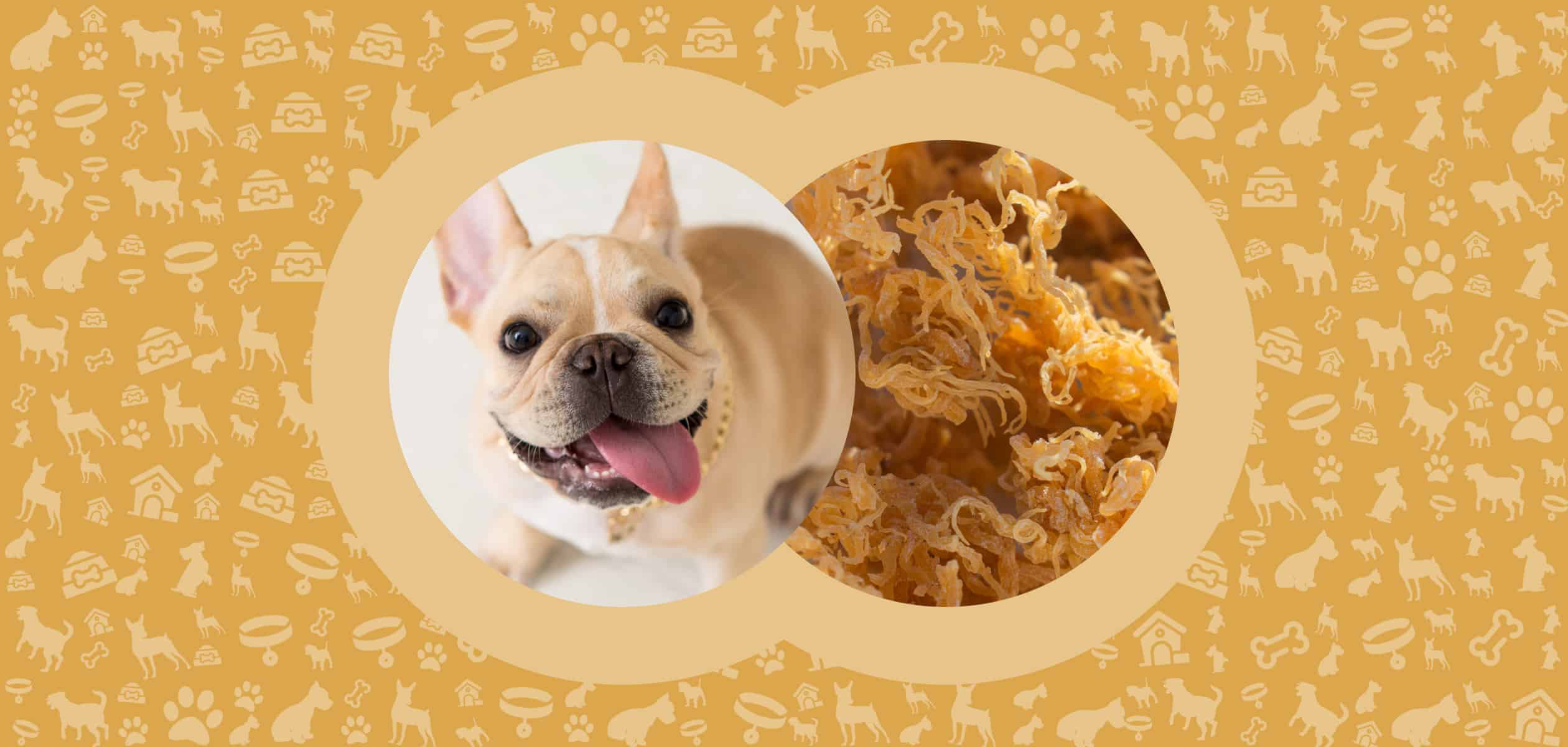
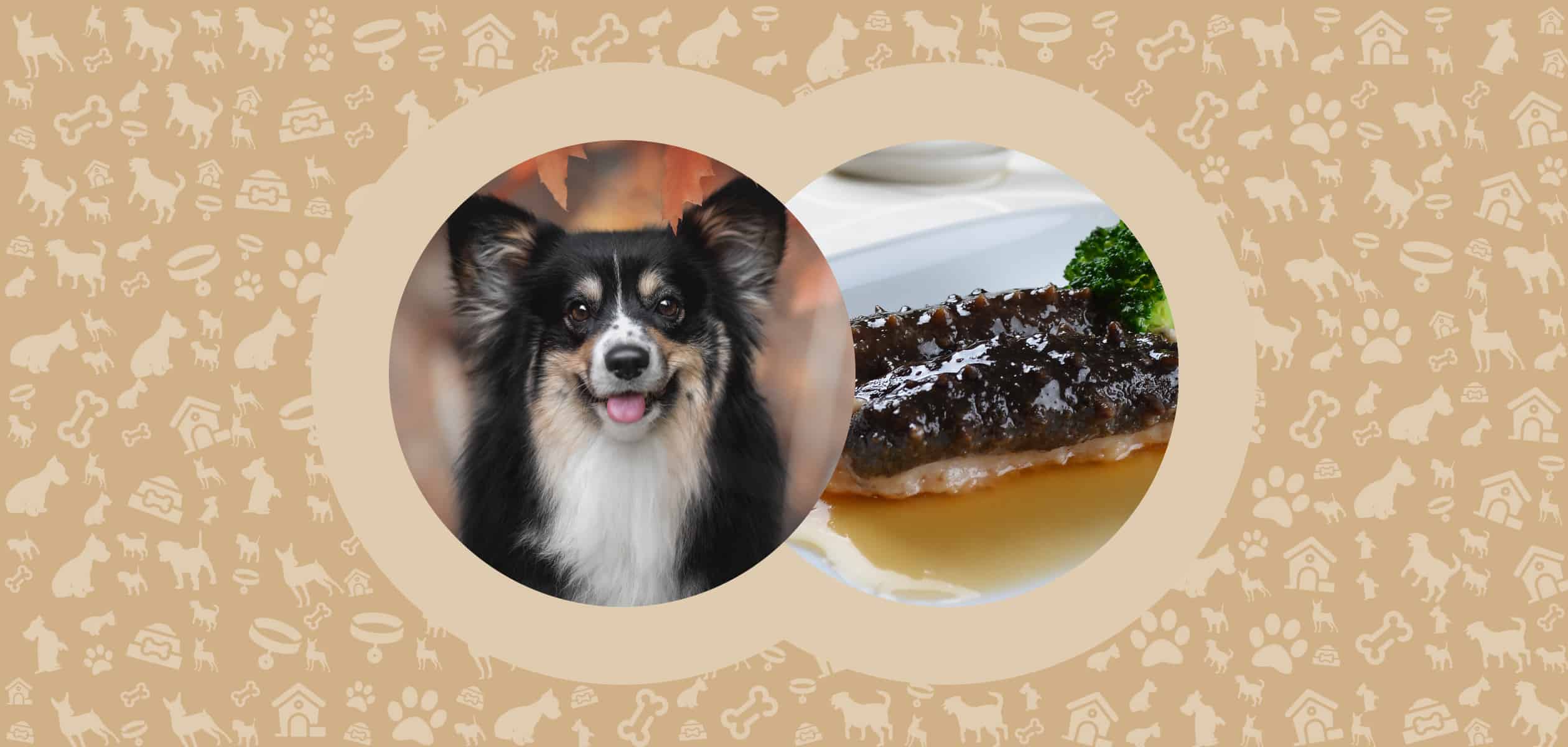
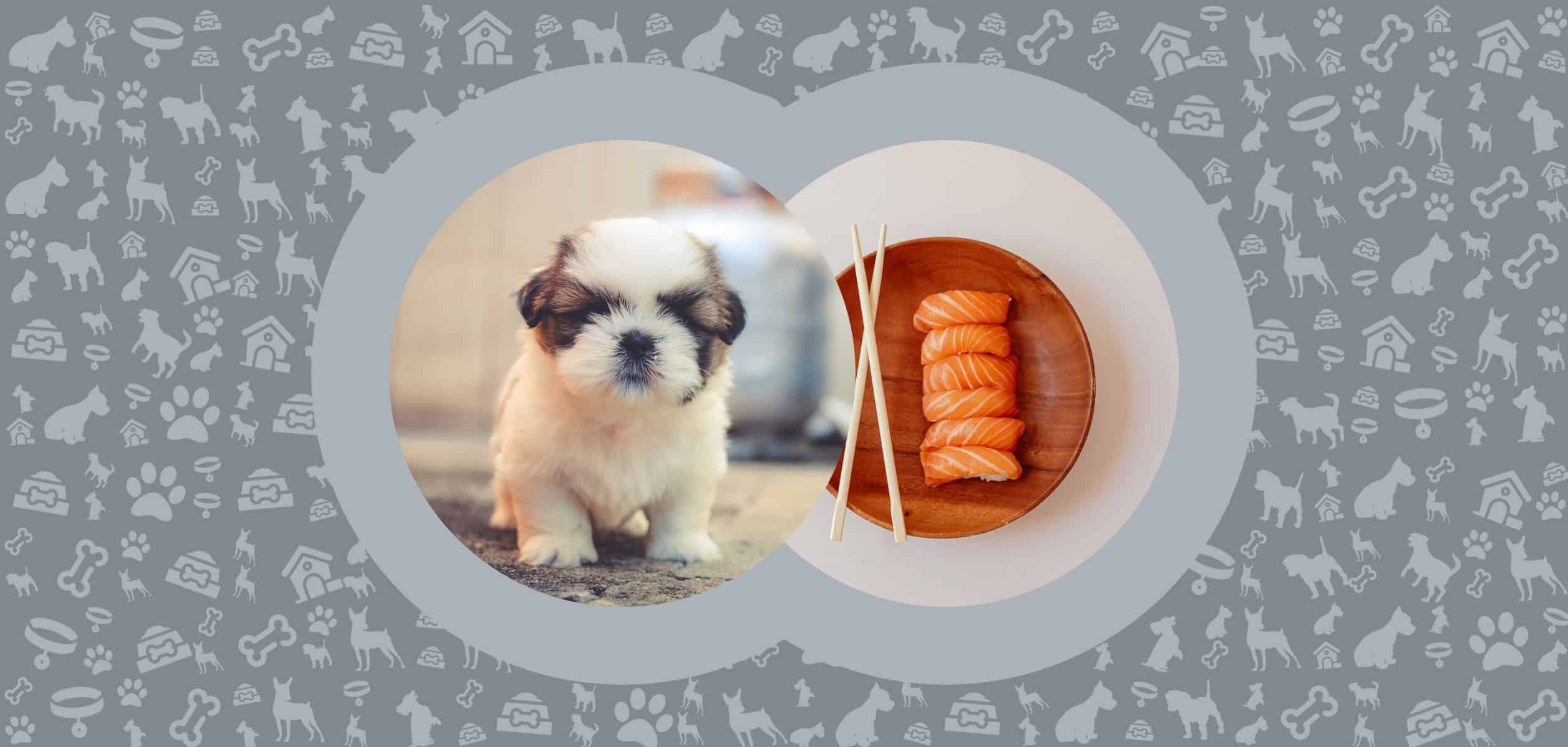
Leave a Comment